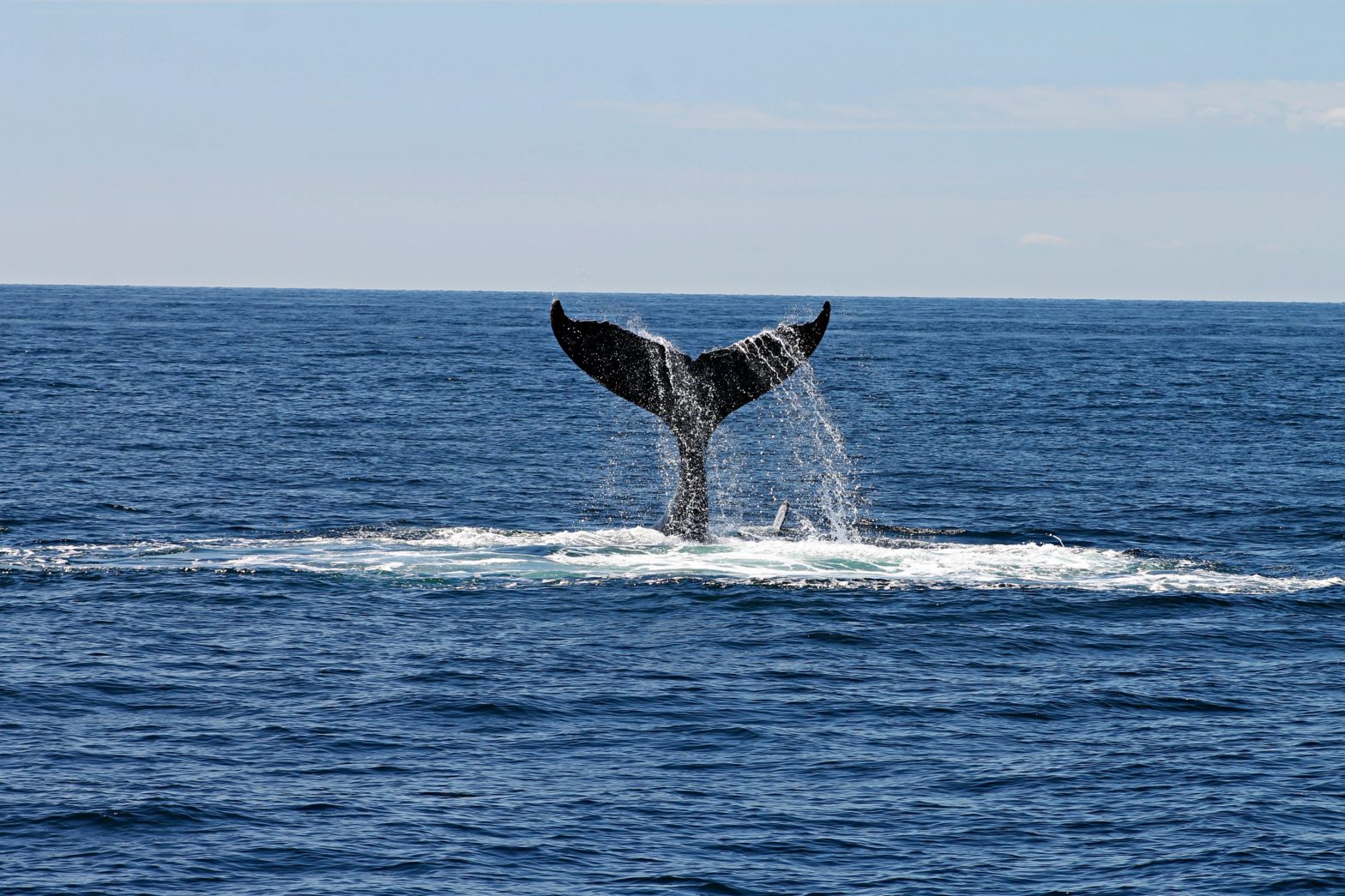‘I want to tell you about something that happened to me. It’s about the ocean. And about fear.’ – The Whales by Christopher Woods.
We have been thrilled to launch our new Drama section in this Summer 2021 edition of Spellbinder. Each of our published pieces has its own unique energy with strong characters, style and levels of mystery and intrigue that leave us wanting more!
A piece that really packs a punch, or should I say, ends with a bang is Baillie Puckett’s, Not Sorry. The energy of this piece is exhilarating. The broken language used by the character of Jason, ‘Even–even as we started to–God!’ fleshes out the character with integrity as he struggles to express his thoughts in such an emotionally charged scene.
Puckett packs this monologue with subtext, drip feeding the audience/reader with the world of the play without forcing information into the writing:
‘It’s a tough business and sometimes things happen that you can’t expect and I just wanted…I want you to know that I don’t want this anymore. You mean so much to me and if I could go back…‘
Although we know Jason is a looming threat from Heather’s look of ‘utter horror’, we begin to empathise with him throughout his speech. His conflicting emotions, broken sentences and evident desperation bring us onto his side. Lulled into a strange fondness for Jason and sympathy towards his internal conflict, we are then fully gripped by the moment he points the gun at Heather. I’ll let you read for yourself what happens or doesn’t happen next!
The potential for this good character to perform a bad act is completely justified through his unease, emotions and the few words which hint at the circumstances that lead to this moment. We really want to know why he doing is this and who is making him. This kind of mystery makes drama! What a great monologue for an actor to sink their teeth into!
In contrast to the frantic energy of Not Sorry, we have The Whales by Christopher Woods. The control expressed through the story-telling style of the dialogue suggests our character’s frequent telling of this encounter: ‘It was a very cold day at sea. I was working as a cook on a ship headed to Europe.’ The use of short, factual sentences also indicates the character’s naval influences. This helps to build an authentic and believable character despite the almost rehearsed quality of their speech.
There is a mysterious tranquillity to the piece as we ebb and flow between the character’s desires and the stark reality. There is a magical quality in the expectation of these illusive whale-like shadows which is then dashed with fear. Anxiety peeks through Pat’s controlled voice, like a rock below the ocean’s surface, in the line, ‘You know? What it’s like to really want something?’. Through these rhetorical questions we catch a glimpse of the emotion and struggle of our protagonist – their controlled story-telling broken with a more intimate appeal to their listener.
We are taken on a journey, we are told a story and the final line brings the audience/reader into the unease of Pat’s mind by introducing a thought that is relevant for us all to mull over, ‘But the thought came to me over and over. Still does. Not even the whales were alone anymore.’ In a world where google maps can track us, there is plastic in the sea and litter on the moon, is there anywhere or anything that is completely safe and free? This final line really is rather chilling, especially from our sombre and fearful Pat.
Finally, we were also extremely excited to publish, Kali, an extract from a larger screen play by Fey Varva. I was completely drawn to Kali; it has an interesting style that reminded me of Frederico Garcia Lorca’s Blood Wedding with a slightly quirky dialogue style, flower symbolism and a strong depiction of its Mediterranean location.
Again, this piece is packed full of mystery as we are introduced to an older Kali before being thrown into a flashback, with a Margarita flower linking the two scenes. In such a small number of pages the audience/reader is introduced to romance, intrigue and conflict and we are left wondering about the busy world of the flashback in contrast to the stillness and beauty of the opening scene as a small child, seemingly without reason, breaks free from his grandmother to give Kali the Margarita flower that later plays a significant role in her memories.
There is an almost foreboding atmosphere to the piece; curiosity is also evoked by the opening scene, particularly through the character choice of a grandmother and a small child. These age groups can be perceived to have a greater wisdom and understanding about all things ethereal, and there is a discomfort in the world of the play before the climax of the piece (which I am trying not to give away!) There is a lovely moment where the mothers and grandmothers of the playing children are introduced,
The children’s mothers sit on their doorsteps, in the same alley, talking and laughing as they tie small tomatoes into bunches with twine.
Grandmother Vaso is the only one who doesn’t laugh. She stares at the wall holding her chest. Her daughter Eleni looks at her.
ELENI
Mother, are you alright?
GRANDMOTHER VASO
A burden.
The image of a group of women working and weaving twine conjures thoughts of the divine feminine and the power of the wise woman. Grandmother Vaso’s strange and short response almost seems to be a premonition of what is to come, and it creates an uneasy feeling that a disaster is not only imminent but fated.
It has been an absolute pleasure reading all our submissions for this summer issue and I do hope if you are reading this now, that you have had a chance to read these fantastic pieces for yourself. Thank you as ever for all your support and I hope that the work we publish may even inspire you to give script writing a go yourself. If so, send it in. We look forward to reading your work!
Emily Attenburrow, Drama Editor
Photo by Andrea Holien from Pexels

